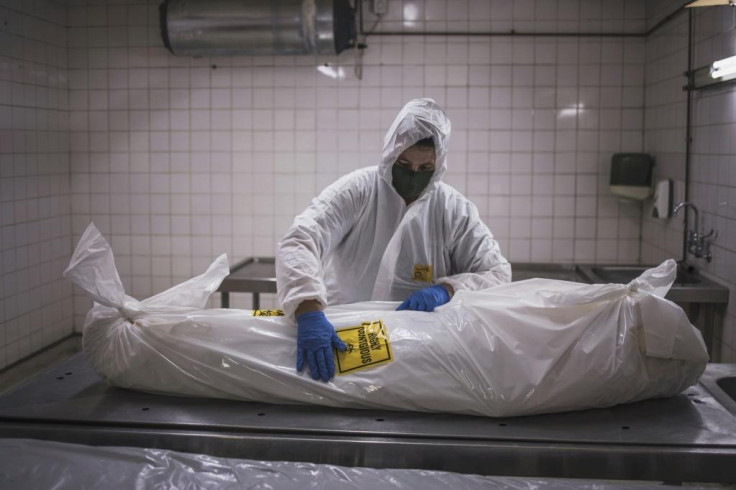Man in Australia sent to morgue 'still alive,' authorities order probe
The Office of the State Coroner has launched an investigation into the matter.
The staff at a hospital in Australia have come under fire after its nurses reportedly sent a man to the morgue while he was still alive.
The bizarre incident, which may have cost the man named Kevin Reid his life, took place at Rockingham General Hospital, south of Perth, on September 5 this year. An investigation has been launched to ascertain whether Reid was still alive when he was declared dead by the nurses at the hospital in question.
According to a report in The Independent, a doctor has claimed that the man would have actually died on September 6. He realised it after he unzipped the body bag and found fresh blood on the patient's gown and saw that his eyes were open.
The patient was sent to the morgue even though a doctor had not certified the patient's death, according to local media reports.
The doctor who went to examine the body the next day found that two of the corpse's limbs had reportedly moved. According to a report in the Sydney Morning Herald, the doctor alerted the state coroner after he was allegedly asked by a staff member to backdate Reid's death date.
"I believe the frank blood from a new skin tear, arm position and eye signs were inconsistent with a person who was post-mortem on arrival at the morgue," the doctor wrote in his report to the coroner, per the publication.
The hospital has claimed that there was some confusion because two people had died in a very short space of time and there was a staff shortage at the hospital.
Meanwhile, West Australian Premier Mark McGowan has said it was "extremely, extremely, extremely unlikely" that Kevin Reid was still alive when he was put in a body bag.
"He was checked by a very experienced palliative care nurse. I know all this speculation is very distressing for the family so I think we just need to respect their wishes about these matters. All the advice is that sadly, he had passed away by the time he went to the morgue," he told local media.

© Copyright IBTimes 2024. All rights reserved.






